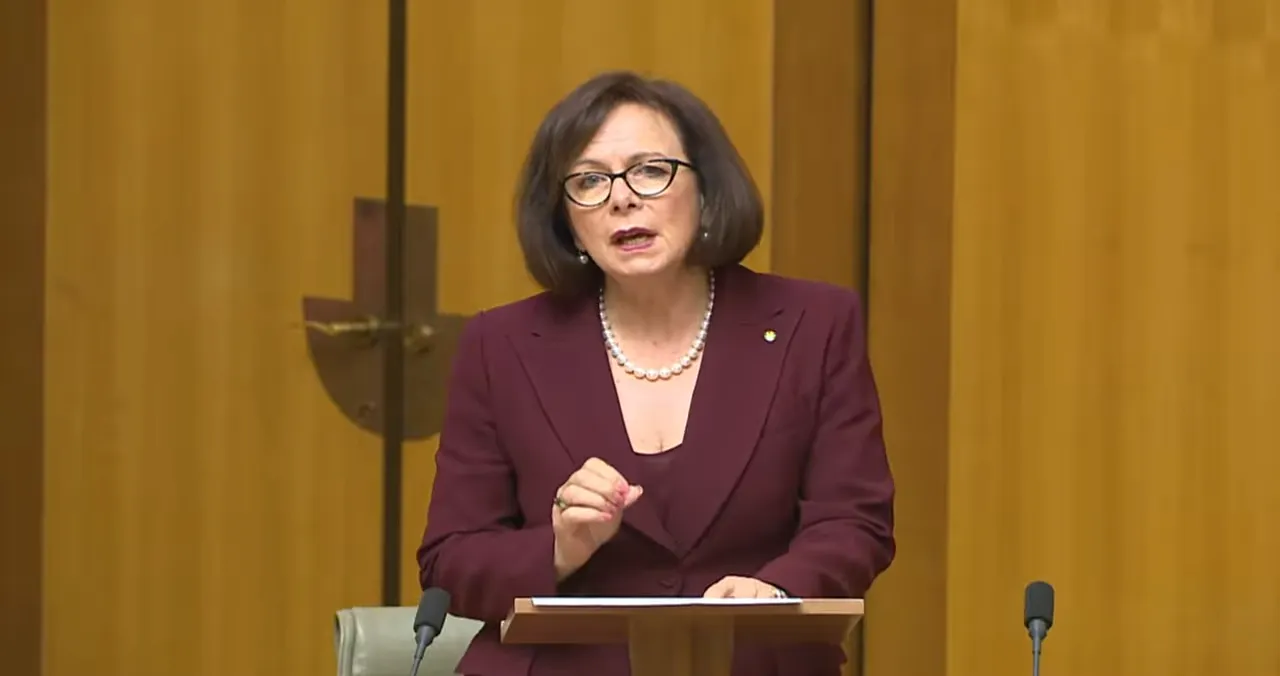Protecting children online - Speech on Motion - 9 October 2025

Dr WEBSTER (Mallee) (09:42): I second the motion. Victorians, families and all Australians are reeling from the sentence imposed against a person for the sexual abuse of their five-year old daughter on at least 19 occasions, producing 77 files of child abuse material and sending it to a US paedophile in 2023. Leaving aside the public reaction to this monster's gender transition and resultant incarceration in a women's prison, and leaving aside the outcry from women's rights groups, for today's debate the key point is that the effective jail time this monster will serve for Commonwealth offences will be just six months. How does this even relate to the trauma that parent has left their daughter to live with for the rest of her life?
The way our justice system works means we can't do anything in this place about that sentence, but we can ensure that, for similar offending under Commonwealth law, a weak sentence like that never happens again. Leader of the Opposition Sussan Ley said on Tuesday:
When a monster abuses a five-year-old child, yet is then free to roam the streets of Victoria when that poor child hasn't even turned eight, that is not justice—it is a betrayal.
Just two weeks ago, the Albanese government took a delegation to the United Nations to promote how it was protecting children online. If this is genuinely a principle Labor stands by, it would support this bill.
Mandatory minimum sentencing generates a strong deterrent effect and is the front line of protecting children online. Without serious consequences for circulating child abuse material, online predators will be more inclined to run the risk of circulating their filth online.
On mandatory minimum sentencing, let's be clear that there has been a bipartisan approach to the need for such sentencing previously—for instance, on hate crime offences created earlier this year. I note, even on that front, the AFP commissioner, Krissy Barrett, has indicated those laws might need to be even stronger after antisemitic attacks that are now occurring. Late last year Labor also introduced mandatory minimum sentences for failure to cooperate with removal from Australia—in other words, for noncitizens facing deportation.
The merits of mandatory minimum sentences are not in dispute here. Therefore the question is why, having applied mandatory minimum sentences to other offences, they cannot also be applied to this form of crime.
Mandatory minimum sentences under the Crimes Act are already imposed for the aggravated offences of using a postal, carriage or similar service for child pornography material. When the then coalition government introduced mandatory minimum sentences for those offences in 2020, the bill passed without division in the House. It was bipartisan. This bill expands that regime to first instances of offending and transmitting child sexual abuse material. Just one instance of child sexual abuse offending has devastating consequences. Present mandatory minimum sentences apply to cases of repeat offending, but why not for first-time offenders, where significant harm does occur? Why not when it might well be that the offender has been engaging in that activity for some time but never been caught until that time?
The AFP led Australian Centre to Counter Child Exploitation's triage unit reports said in recent years that the production of child sexual abuse material is rising very fast. The AFP reported last month a 41 per cent jump in the last reporting year to over 82,700 reports. That increase in the last reporting year is on top of a 45 per cent increase in the reporting year before that. Indeed, reports have more than doubled since 2020 and 2021.
The latest figures equate to an average of 226 reports of child online sexual exploitation every single day. The ACCCE has warned that this is the tip of the iceberg due to underreporting. The Australian Child Maltreatment Study's latest data indicates 28.5 per cent of Australians aged 16 and over have experienced sexual abuse—more specifically, one in five men and one in three women.
On this government's watch, there is a child sexual abuse epidemic occurring. This bill implements one step in the many needed to protect children, our most precious little ones, and ensure future generations of Australians are safe, well and able to contribute fully to Australian society



